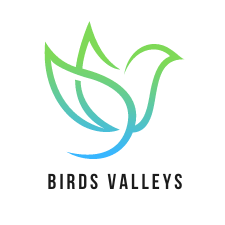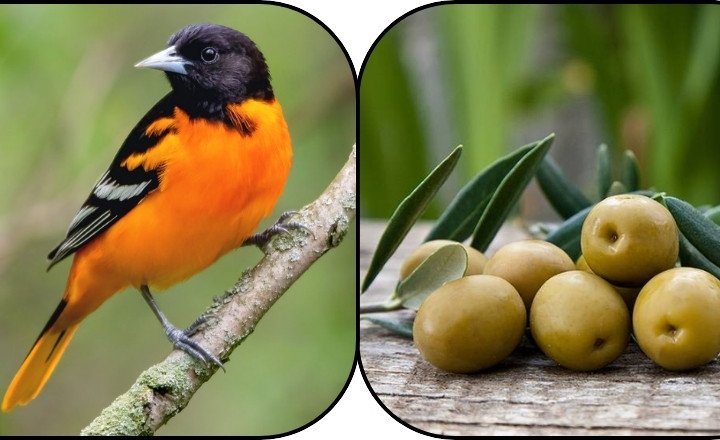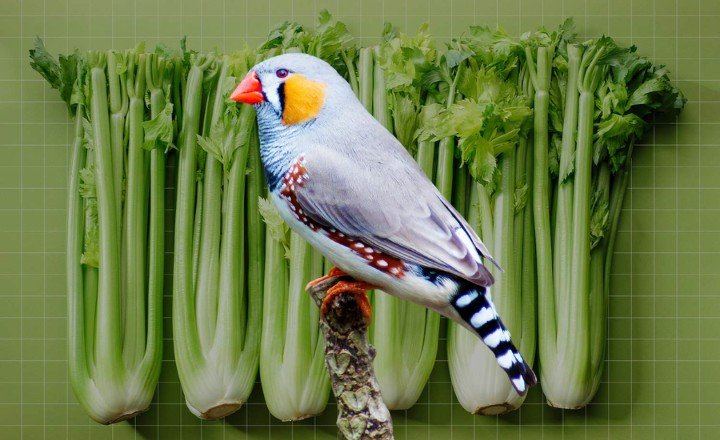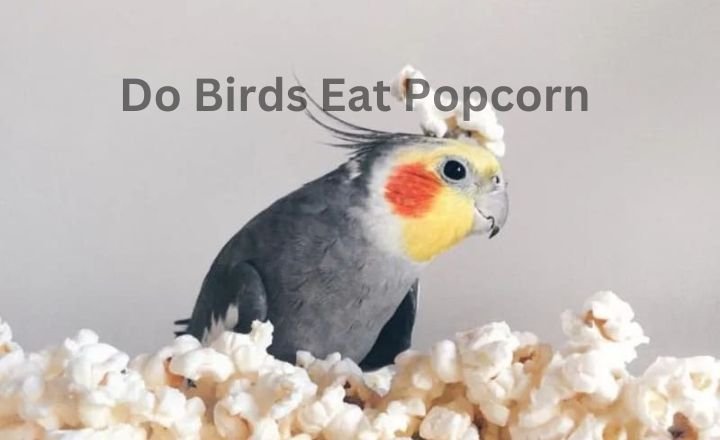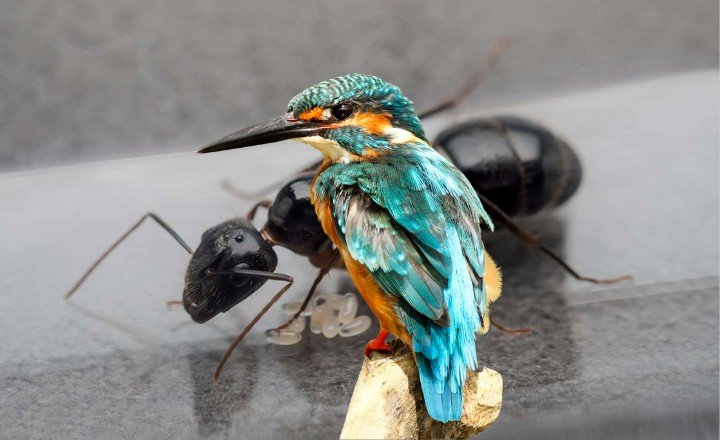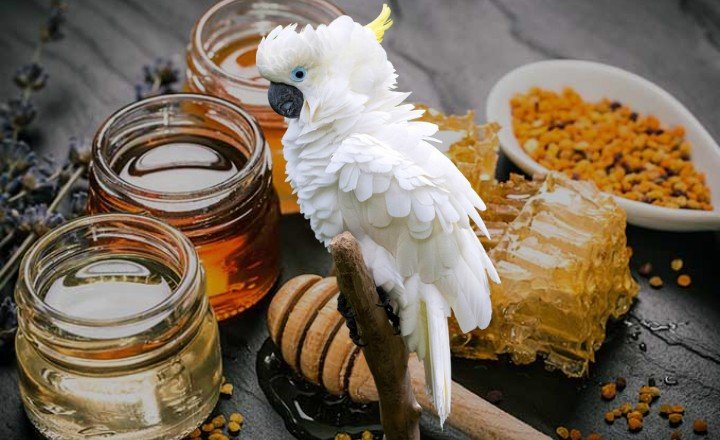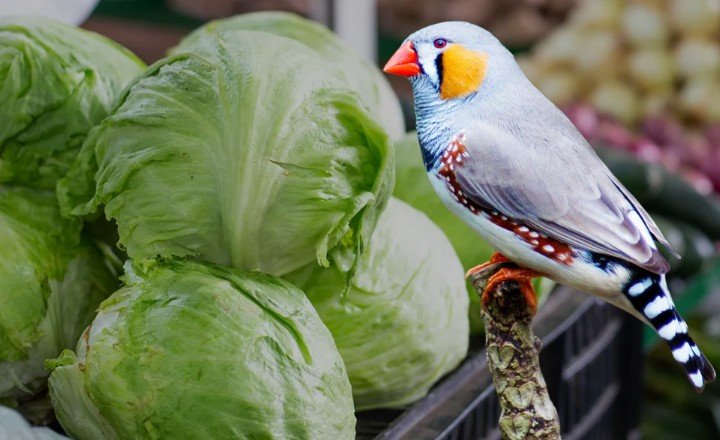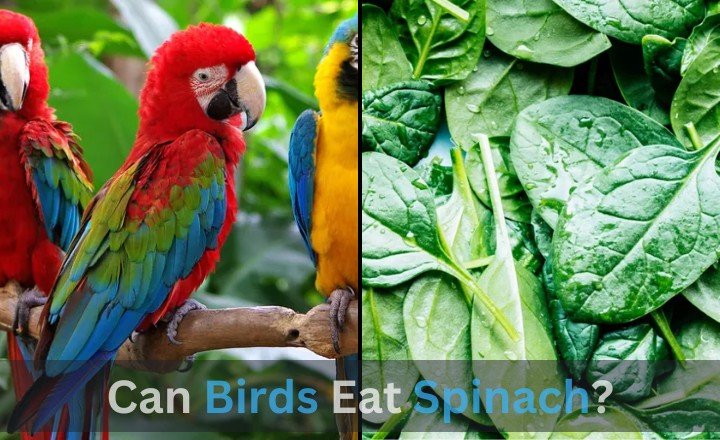Can Birds Eat Olives? Are They Safe For the Birds
As a birdwatching enthusiast, I’ve often found myself marveling at the diverse diets of our feathered friends. One sunny afternoon, while perched on my favorite bench in the park, I spotted a vibrant flock of finches flitting about. To my surprise, they seemed particularly enamored with a fallen olive from a nearby tree. This curious sight led me down an intriguing rabbit hole, Can birds eat olives? As I watched them peck and play, questions swirled through my mind are olives safe for them? Do they relish the taste like we do?
Join me as we explore this fascinating topic that bridges botany and avian behavior. From nutritional benefits to potential risks, we’ll dive into the world of olives and their place in the diets of various bird species.
What are Olives?
Olives are more than just a snack or garnish, they are a complex fruit steeped in history and culture. Originating from the Mediterranean region, olives belong to the Oleaceae family and offer a unique profile that varies between types from juicy green to rich black varieties. Beyond their distinctive flavors, olives boast an impressive nutritional profile, they’re packed with healthy fats, particularly monounsaturated fatty acids, which support heart health and reduce inflammation.
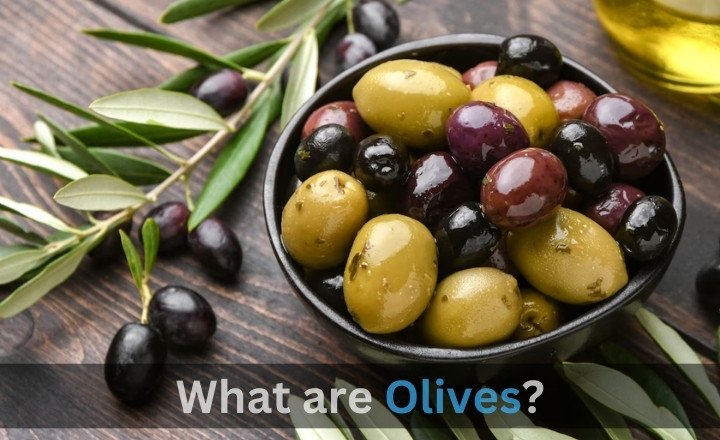
The versatility of olives extends into modern culinary practices as well. Chefs creatively incorporate them in various dishes whether blending them into tapenade for spreads or using their oil as a base for salad dressings. Studies have shown that incorporating olives into your diet can provide a similar emotional lift and comfort that Popcorns do during movie nights or Dates on romantic evenings. They stimulate the palate while promoting wellness, making them an essential addition not only for flavoring but also for enriching our dining experiences.
Can Birds Eat Olives?
When it comes to the dietary preferences of birds, particularly White Birds and Black Birds, olives can pique curiosity. While these fruits are packed with healthy fats and antioxidants beneficial for humans, they require careful consideration in avian diets. Olives contain a high sodium content when cured or processed, which can be harmful to birds if consumed in excess. Although some species may nibble on an olive here and there without immediate effects, moderation is key.
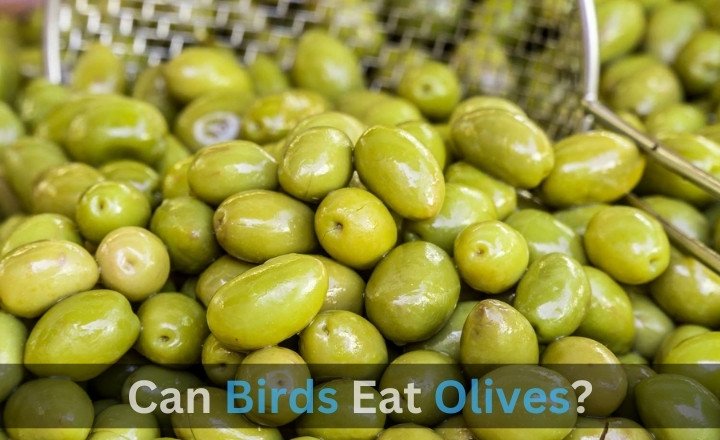
Some bird enthusiasts have documented that backyard visitors like white doves and even crows and blackbirds are often seen scavenging in urban areas and show interest in olives left out during picnics or barbecues. Offering small amounts of fresh olives without pits could provide a tasty treat while enhancing their diet with additional nutrients.
Before introducing any new food into your feathered friend’s diet, it’s essential to consult with an avian veterinarian to ensure it aligns with their nutritional needs and doesn’t pose any health risks. This approach not only fosters creativity in feeding but also supports the well-being of both domestic pet birds and wild visitors alike.
Are Olives Safe For the Birds?
When considering olive consumption for our feathered friends, it’s crucial to analyze both the type of olive and its preparation. While dark olives can be a healthy addition to meals that benefit many birds, especially Brown Birds known for their diverse diets, caution is necessary. The high salt content often found in store-bought green olives might pose risks to these avian companions. Elevated sodium levels can lead to dehydration or more serious health issues if consumed frequently.
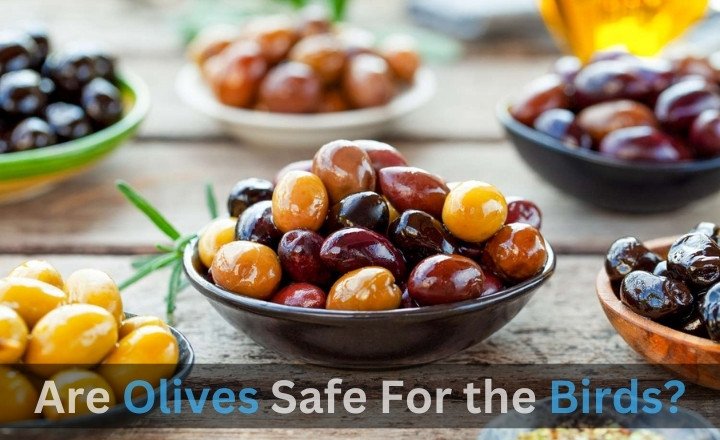
Beyond the saltiness, the potential bitterness of certain olive varieties might deter Green Birds, impacting their enjoyment and willingness to consume them at all. Offering birds fresh olives, pitted and unsalted, ensures a safer experience that also opens doors for exploration in their diet. If providing olives as an occasional treat under careful supervision fosters broader dietary acceptance among your feathered friends, you may just discover new favorites while contributing positively to their nutritional balance!
Advantages of Feeding Olives to the Birds
Feeding olives to birds can be an innovative way to enhance the dietary diversity of avian visitors in your backyard. Unlike traditional bird seeds, olives are packed with beneficial fats and antioxidants that can support healthy plumage and energy levels, especially during colder months. The rich oleic acid found in olives not only nourishes birds but also plays a pivotal role in their overall health, potentially influencing their reproductive success by providing essential nutrients that bolster fertility.
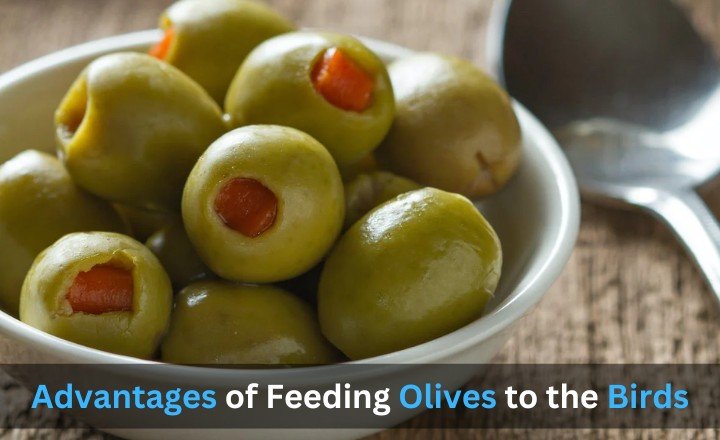
Offering olives can attract a unique variety of species beyond the typical finches or sparrows. Raptors like Hawks might even benefit indirectly, as smaller birds flock around food sources, they become more visible to these higher-order predators. This natural interaction contributes to a balanced ecosystem within your feeding space.
Disadvantages of Feeding Olives to the Birds
While the sight of birds munching on olives may seem charming, there are several critical disadvantages that every bird enthusiast should consider. Olives contain high levels of fat and low nutritional value, which can lead to obesity in birds if consumed regularly. A diet overly rich in fats lacks essential nutrients that birds need for healthy feather growth and energy levels, potentially resulting in malnutrition over time.
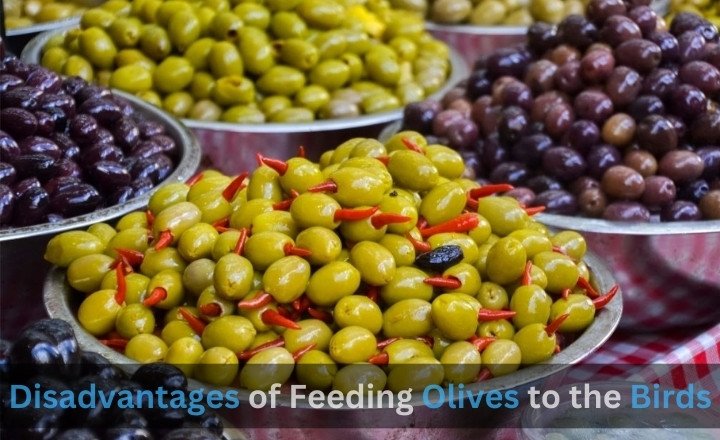
The pitted varieties pose a choking hazard, many smaller bird species may struggle with swallowing whole olives or could even be harmed by ingesting pits. It’s also worth noting that some commercially available olives are treated with salt and preservatives, which can be toxic for birds. Even if they appear appealing as a treat, these additives can disrupt their delicate digestive systems and lead to long-term health issues. By prioritizing safe and balanced diets tailored to their species’ needs, we ensure our feathered friends remain vibrant and thriving rather than indulging them with potentially harmful snacks like olives.
Tips For the Birds Owners
When considering adding olives to your bird’s diet, it’s essential to choose the right type. Opt for plain, unsalted olives green or black varieties without any additives or preservatives are best. Birds can enjoy them fresh or thoroughly pitted and chopped, as whole olives can pose a choking hazard for smaller species. Remember that moderation is key, while olives provide healthy fats and antioxidants, they should only make up a small portion of your bird’s overall diet.
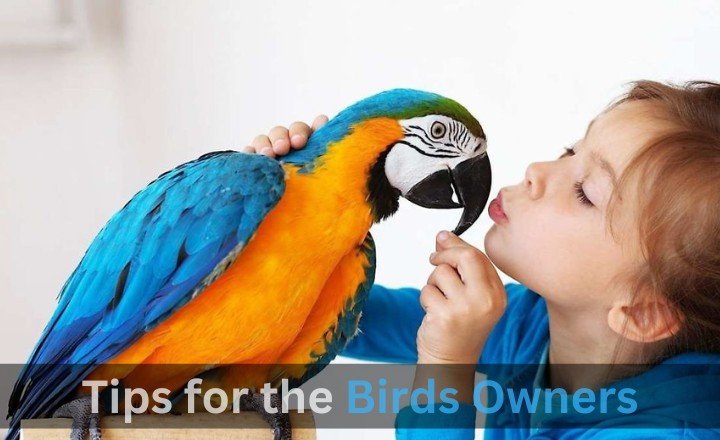
Pay attention to how you introduce this new food item to your feathered friend. Start with tiny amounts and observe their reaction; some birds may adore the taste, while others will remain indifferent. Engaging your pet in mealtime exploration can also be beneficial try placing olives in puzzle feeders or hanging them from toys to stimulate their natural curiosity and foraging instincts.
“Can Birds Eat Olives” Conclusion
While olives can be a safe and nutritious snack for many birds when offered in moderation, it’s essential to consider their individual dietary needs and preferences. The high sodium content in some olive varieties may pose health risks, particularly for smaller or more sensitive species. Removing pits and preparing the olives appropriately can help prevent choking hazards. Always observe your bird’s reaction to new foods and consult with an avian veterinarian if you’re uncertain about their diet. By being mindful of these factors, you can safely introduce olives into your feathered friend’s diet as a delightful treat.
FAQs
Are Olives Safe For the Birds?
Olives, especially when served in brine or seasoned varieties, often contain high levels of sodium and potential preservatives that can be harmful to birds. Processed foods should be approached with caution.
What Animals Can Eat the Olives?
Olives can be a surprising treat for several animals, particularly among birds and certain mammals. Many species of birds, such as pigeons and crows, are known to enjoy olives due to their rich flavor and the nutritional benefits they offer.
Can Olives Damage My Bird’s Organs?
The high-fat content in olives can contribute to fatty liver disease if consumed excessively or too frequently in a bird’s diet. This issue becomes magnified for domesticated birds that may not receive adequate exercise.
What If a Bird Eat Too Many Olives?
If a bird were to indulge in too many olives, it could face various digestive challenges. Olives contain a high level of fat particularly healthy monounsaturated fats in small quantities which can be beneficial for birds when consumed in moderation.
